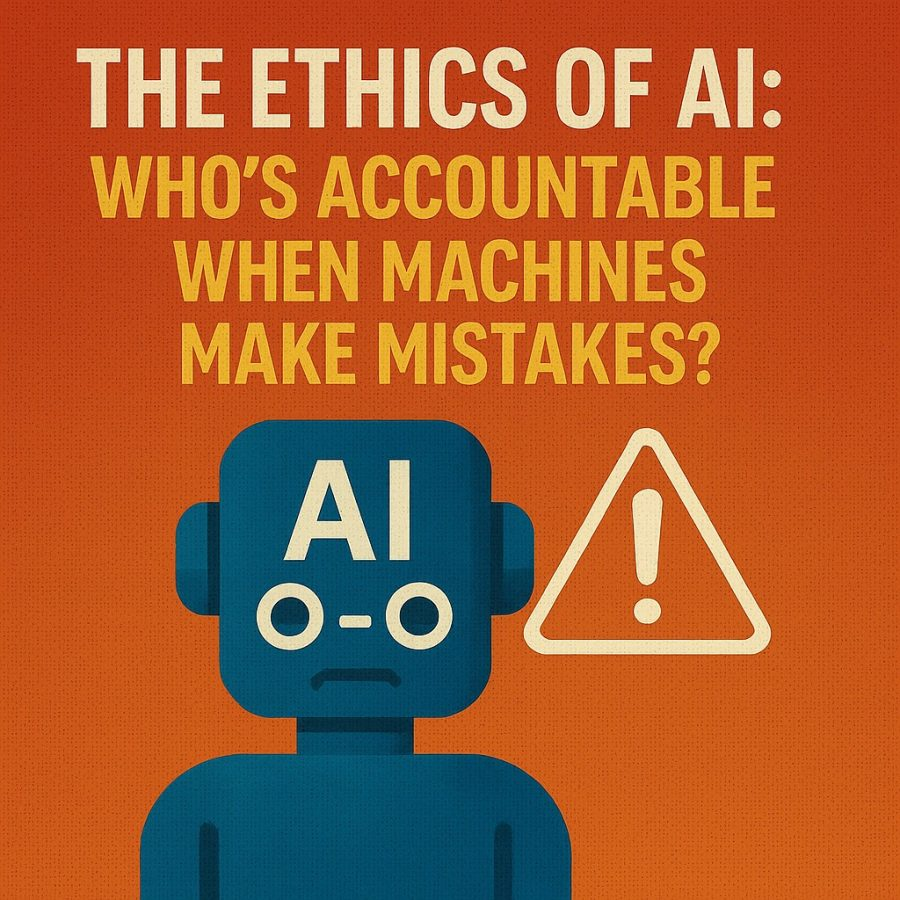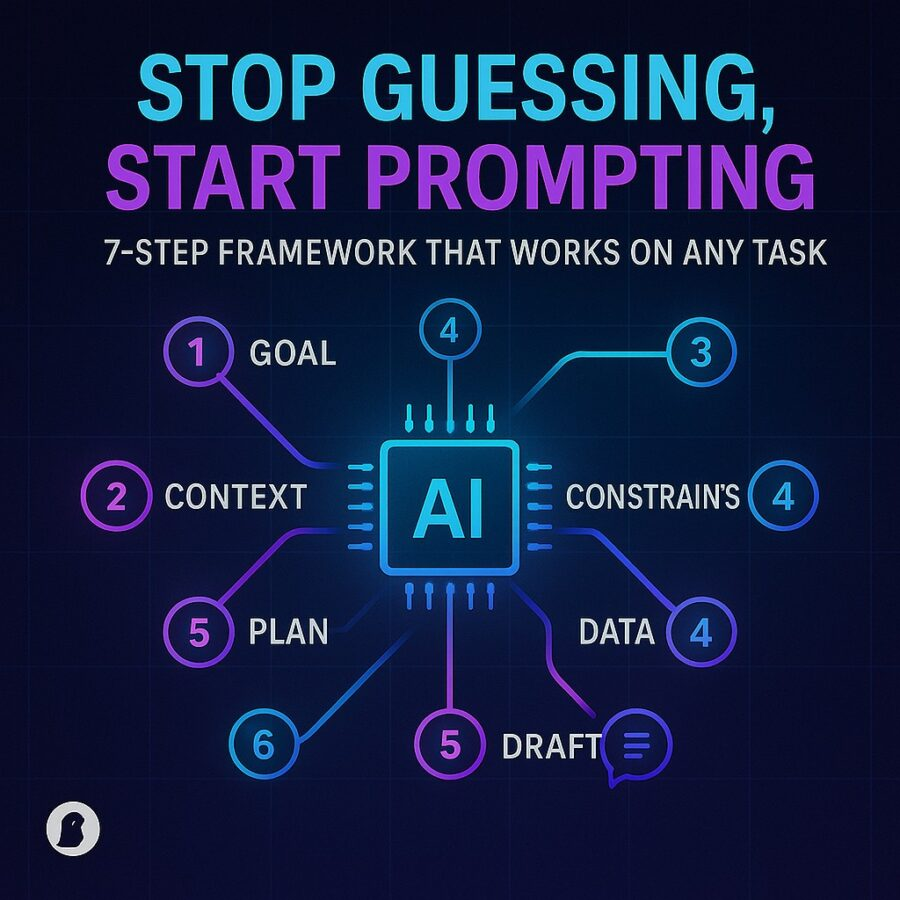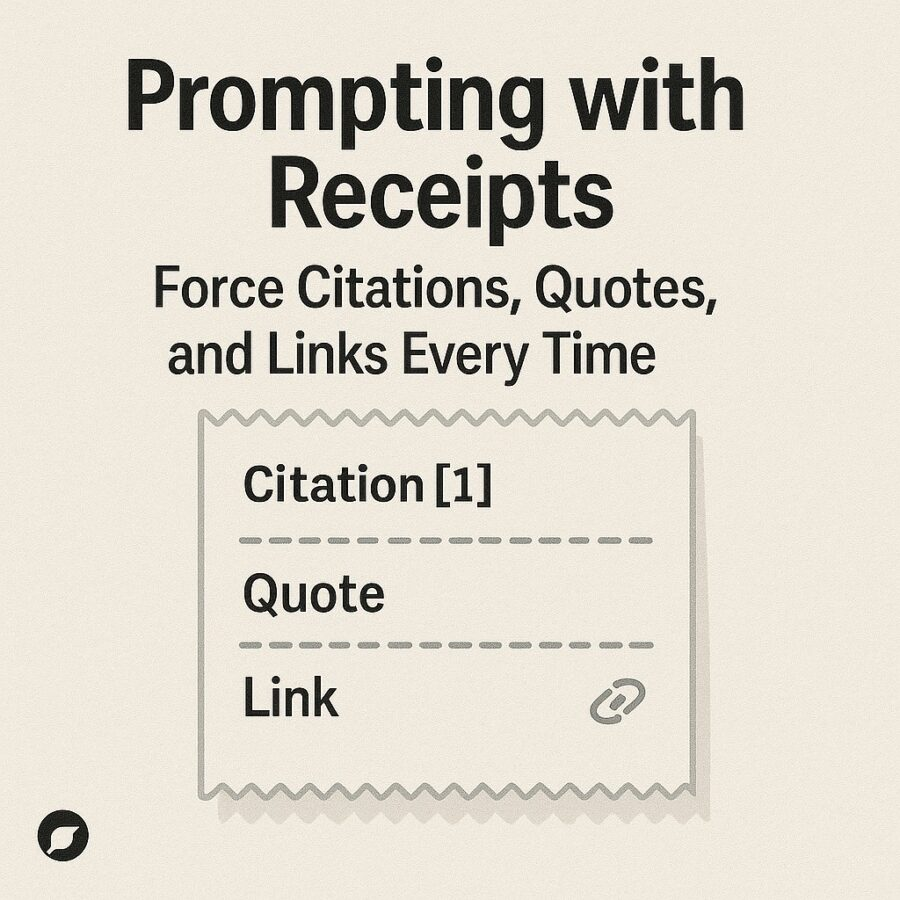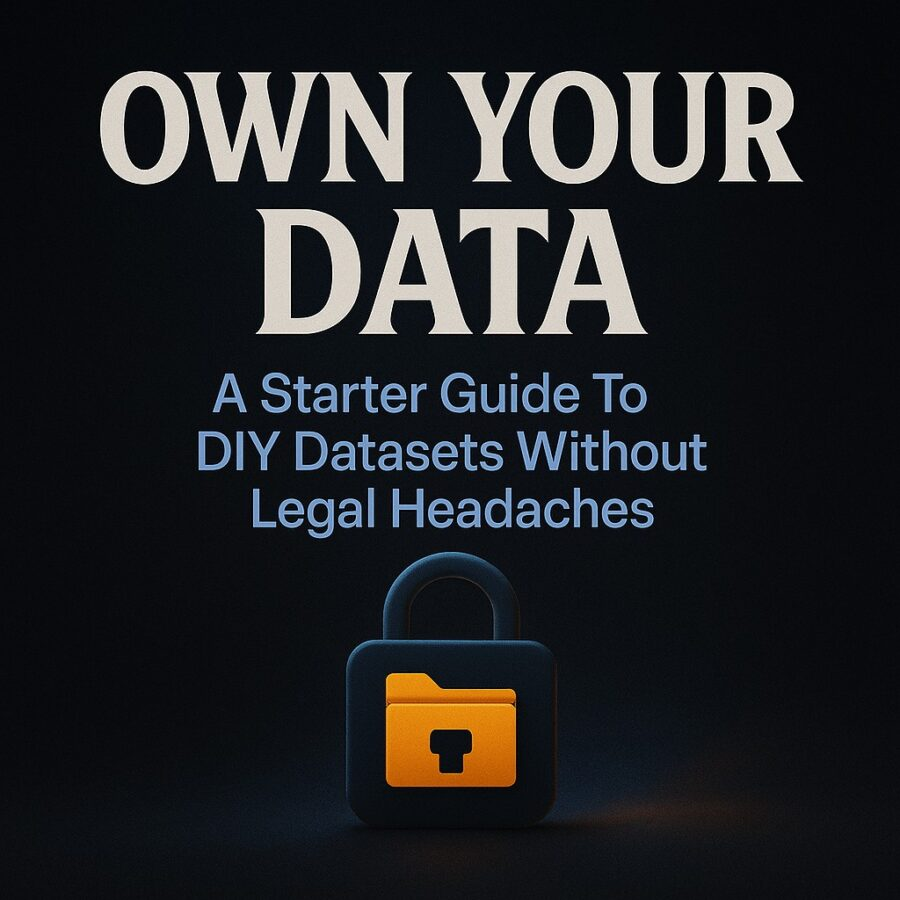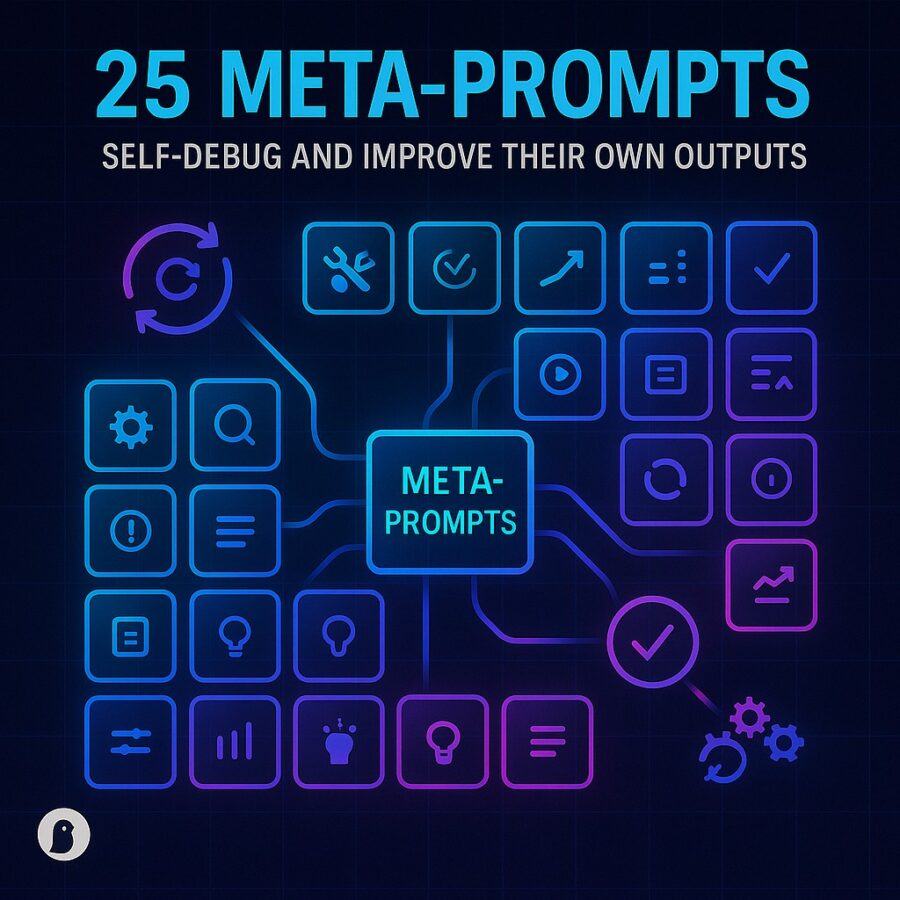Views: 0
Artificial intelligence is everywhere. It recommends the next show you binge, powers navigation apps, helps you order groceries, and occasionally tries to chat about your love life. With so much power in play, one awkward question keeps floating around: The Ethics of AI: Who’s Accountable When Machines Make Mistakes?
It sounds like the title of a futuristic courtroom drama, but it is an urgent issue. Machines now make decisions with consequences in finance, healthcare, transportation, and even dating apps. The convenience is magical until something goes wrong.
Then everyone starts pointing fingers like kids caught sneaking cookies. Was it the developer? The company? The algorithm itself?
This article dives into the quirks, questions, and comic relief hidden in the world of AI accountability. It will explore real examples, cultural dilemmas, and even the absurd side of blaming machines.

Why Mistakes Matter More with Machines
Human error is so common that we barely notice it anymore. Doctors misdiagnose, drivers take wrong turns, and even baristas hand out decaf when you asked for double shot espresso. Life goes on.
When machines mess up, however, it feels different. AI mistakes seem scarier because they come from a system built on data and logic. We assume technology is precise, so when it misfires, shock levels spike.
Imagine your GPS calmly guiding you into a lake because “it looked like a shortcut.” That error feels worse than getting lost on your own. This is the crux of The Ethics of AI: Who’s Accountable When Machines Make Mistakes? Machines are marketed as smarter than us, so their blunders feel more serious.
Who’s to Blame? A Cast of Characters
Accountability in AI mistakes involves several suspects:
- The Developers: They write the code. If the system learns bad habits, critics argue the developers should have foreseen the flaws.
- The Companies: Businesses deploy AI for profit. Shouldn’t they own the consequences if it fails?
- The End Users: People trust the machines. But if you blindly follow GPS into a swamp, are you partly responsible?
- The Machine Itself: Philosophers argue whether AI should bear responsibility. Good luck serving a subpoena to a laptop.
It becomes a blame game with more drama than a family Thanksgiving dinner.
The Legal Maze
Courts around the world are scrambling to answer The Ethics of AI: Who’s Accountable When Machines Make Mistakes? Some countries treat AI as a tool, meaning liability falls on whoever uses it. Others consider “shared accountability” between makers and deployers.
Insurance companies add another twist. If an autonomous car causes a crash, does the driver’s policy cover it? Or does the manufacturer foot the bill? No one enjoys these questions except lawyers billing by the hour.
One proposed solution is “AI personhood,” granting legal status to machines. But picturing a robot in a suit testifying in court makes the whole idea feel like a bad comedy sketch.
Famous AI Blunders
To see the ethics debate in action, consider a few famous AI mistakes:
- Tay the Chatbot: Microsoft’s AI chatbot was released on Twitter and turned offensive in less than 24 hours. Who was accountable — the programmers, the platform, or the internet trolls that trained it?
- Self-Driving Cars: Autonomous vehicles have been involved in accidents, some fatal. Determining liability has been a legal circus, with manufacturers and human drivers trading blame like hot potatoes.
- Facial Recognition Errors: Systems have misidentified individuals, leading to wrongful arrests. Accountability here is tangled: was it the police using the tool, the developers who built it, or both?
Each case fuels the debate around The Ethics of AI: Who’s Accountable When Machines Make Mistakes?

2025 Gaming Laptop 16 Inch Laptop Computer with Ryzen 7 5825U Processor, 32GB DDR4, 1T SSD, FHD Display 1920*1080P, Win 11 PRO, WiFi 6, Backlit Keyboard, HDMI, for Student, Office, Business
The Humor in Blame Games
The absurdity of accountability becomes clear when imagining machines on trial. Picture a robot nervously raising a metallic hand in court, admitting guilt for burning toast. Or an AI assistant tearfully apologizing to a jury for suggesting pineapple pizza recipes when asked for “romantic dinner ideas.”
Humor highlights the problem: machines cannot hold moral responsibility the way humans do. Yet we keep assigning them roles where accountability is crucial.
Cultural Takes on Accountability
Different cultures handle accountability differently. In some countries, collective responsibility is emphasized, meaning companies and regulators share blame. In others, individual users bear more responsibility for how they use tools.
For example, in Japan, AI mistakes are often seen through a lens of harmony and collective correction. In the United States, lawsuits quickly fly as individuals demand clear liability. These cultural differences shape how The Ethics of AI: Who’s Accountable When Machines Make Mistakes? unfolds globally.
The Philosophical Debate
Philosophers love this question. If a machine makes a decision independently, can it be morally accountable? Or is it just an extension of human intent? Some argue that once AI surpasses human understanding, it effectively becomes an autonomous agent. Others insist it is still only a tool, no different than a hammer.
The analogy of a dog is often raised. If a dog bites someone, responsibility usually falls on the owner, not the dog. Should AI be treated the same way? If so, its “owners” (developers and companies) shoulder the burden.
The problem is that AI learns and adapts in ways its owners do not always predict. It is like a dog that not only bites, but also takes up knitting and politics without asking.
Corporate Responsibility
Companies deploying AI profit from its efficiency. That profit should come with responsibility. Advocates argue that businesses must ensure transparency, test rigorously, and take responsibility when failures occur.
For instance, if a bank’s AI denies loans unfairly, the bank cannot shrug and say, “Oops, the algorithm did it.” Customers expect accountability. This is why corporations face growing pressure for ethical AI practices, from bias audits to clear lines of liability.
Regulators in the Mix
Governments are not sitting idle. The European Union introduced regulations requiring companies to prove AI systems are safe and transparent. In the United States, debates rage about federal guidelines for AI accountability.
Yet, bureaucracy moves slowly. By the time regulations catch up, technology has already evolved. Imagine lawmakers debating AI ethics while an autonomous pizza delivery drone circles overhead waiting for zoning approval.
Everyday Examples
You encounter The Ethics of AI: Who’s Accountable When Machines Make Mistakes? more often than you think. Consider:
- Autocorrect Failures: If your phone replaces “meeting” with “mating” in a work email, is Apple liable for the awkward HR conversation?
- Streaming Suggestions: If Netflix recommends a horror film when you wanted a rom-com, is it a mistake or a feature?
- Smart Assistants: When Alexa mishears and orders cat food for someone without a cat, who foots the bill?
The stakes here are low, but they illustrate the accountability puzzle on a smaller scale.
The Human Role
Humans still oversee AI systems, even if passively. Blind trust is risky. Users must remain aware that AI is not infallible. Training, oversight, and skepticism are essential.
Treating AI like an oracle is dangerous. It is more like a very smart intern: capable of brilliance, prone to blunders, and definitely not ready to run the company alone.
Why Humor Helps
The weight of The Ethics of AI: Who’s Accountable When Machines Make Mistakes? can feel overwhelming. Humor keeps the conversation approachable. Joking about robot lawyers or apologetic coffee machines helps us grapple with the seriousness while staying grounded.
After all, laughing at technology is a tradition. We mocked early computers for filling entire rooms. We joked about dial-up internet. Today we laugh at autocorrect. Tomorrow, we may laugh at robot judges. Humor makes the future less frightening.
Looking Forward
So who should be accountable? The realistic answer is a mix: developers, companies, and regulators must share responsibility. Clear frameworks need to emerge, balancing innovation with accountability. Users also play a role by using AI responsibly and not assuming perfection.
The conversation will evolve as technology advances. Autonomous cars, AI doctors, and machine-driven financial systems will test our ethical frameworks. But accountability cannot lag behind innovation forever.
The future of AI ethics is about building systems that reflect human values while preparing for inevitable errors. Machines will improve, but mistakes are unavoidable. What matters is how we respond.
Final Reflection
At the heart of The Ethics of AI: Who’s Accountable When Machines Make Mistakes? lies a truth: machines are not moral beings. Responsibility must always circle back to humans, whether as creators, users, or regulators. The challenge is designing accountability that is fair, transparent, and practical.
So the next time your AI assistant misunderstands and sets a timer for 400 minutes instead of 40, take a breath. Laugh, correct it, and remember: accountability is still ours. The machines may be clever, but for now, they do not show up in court.

